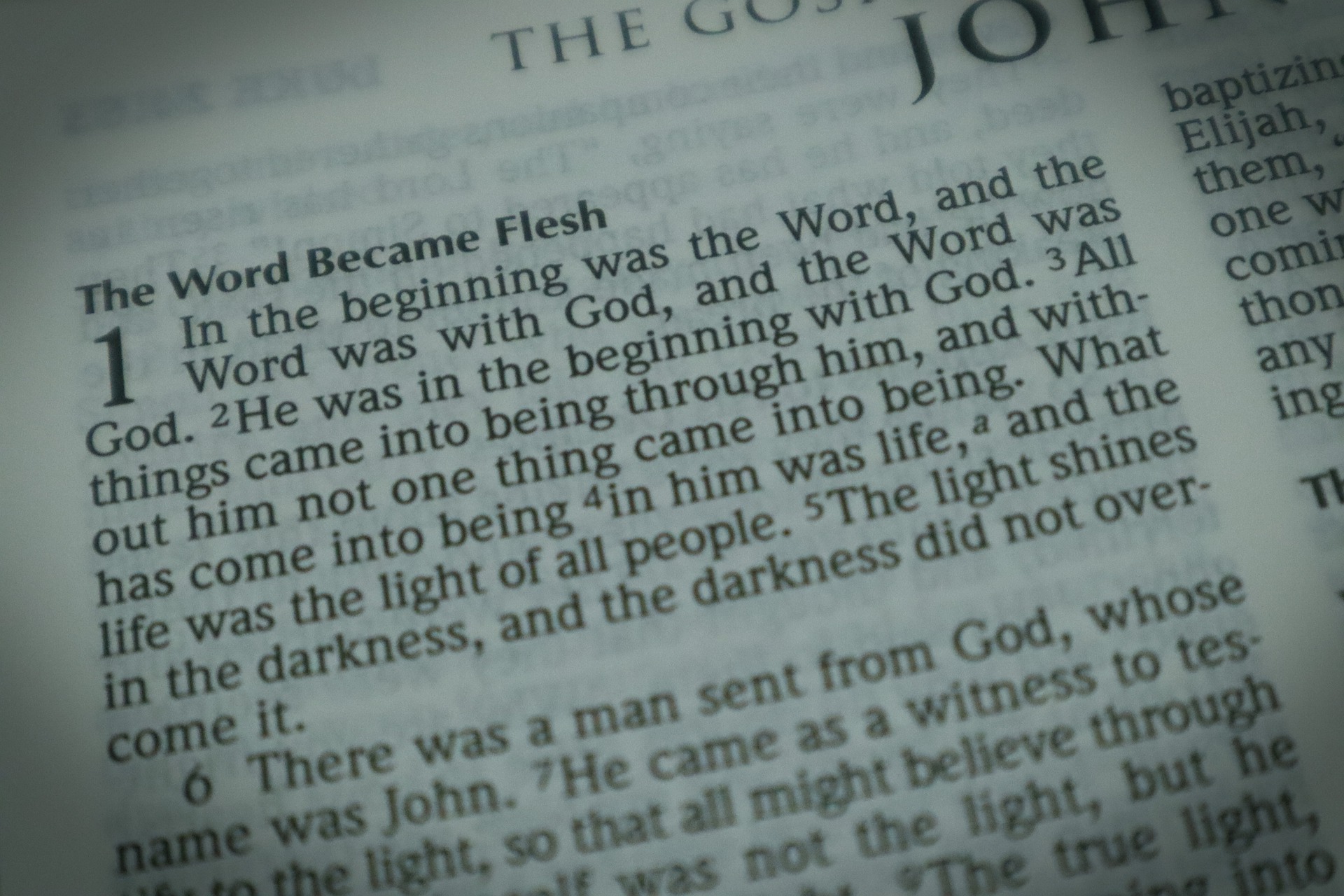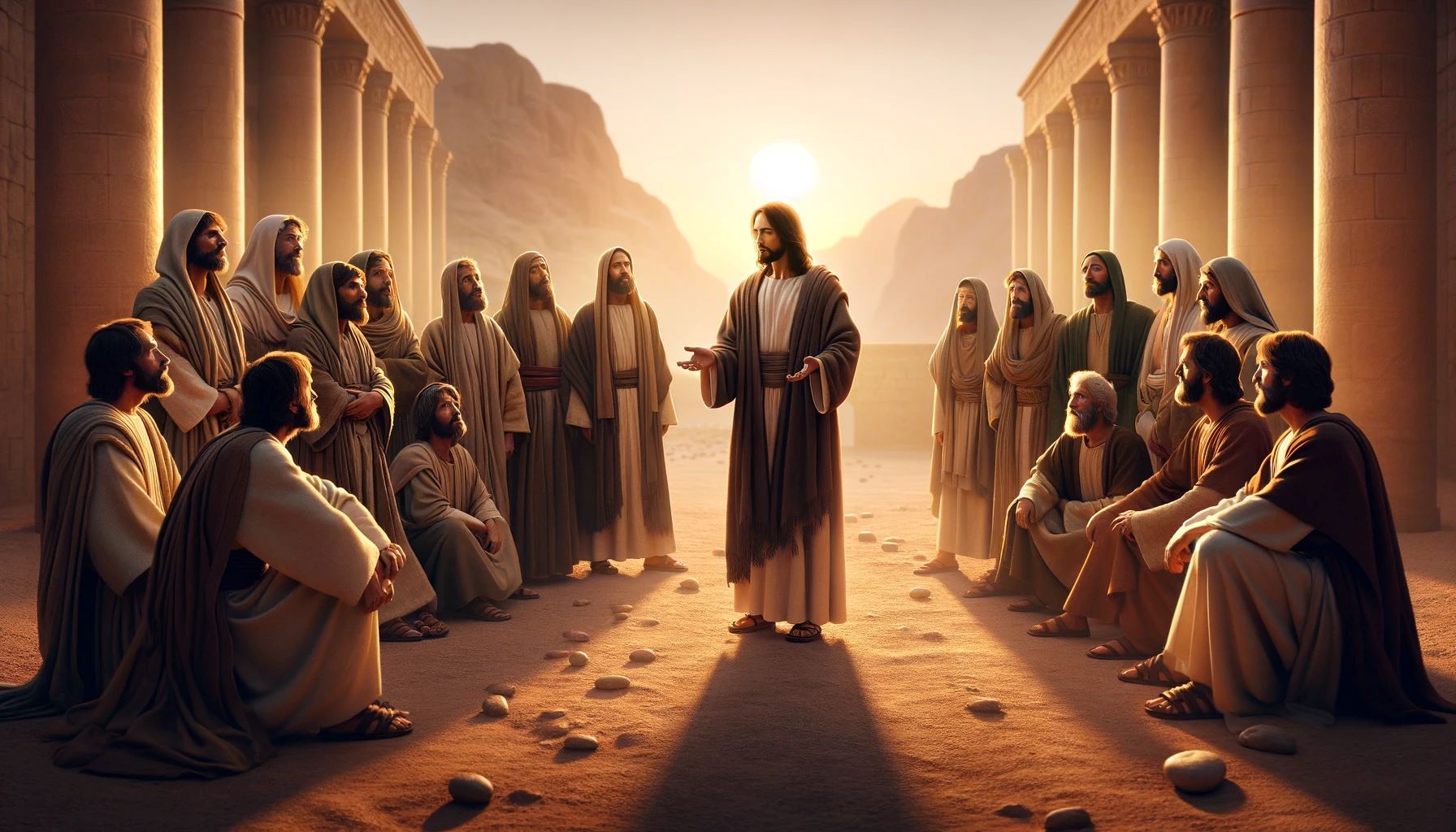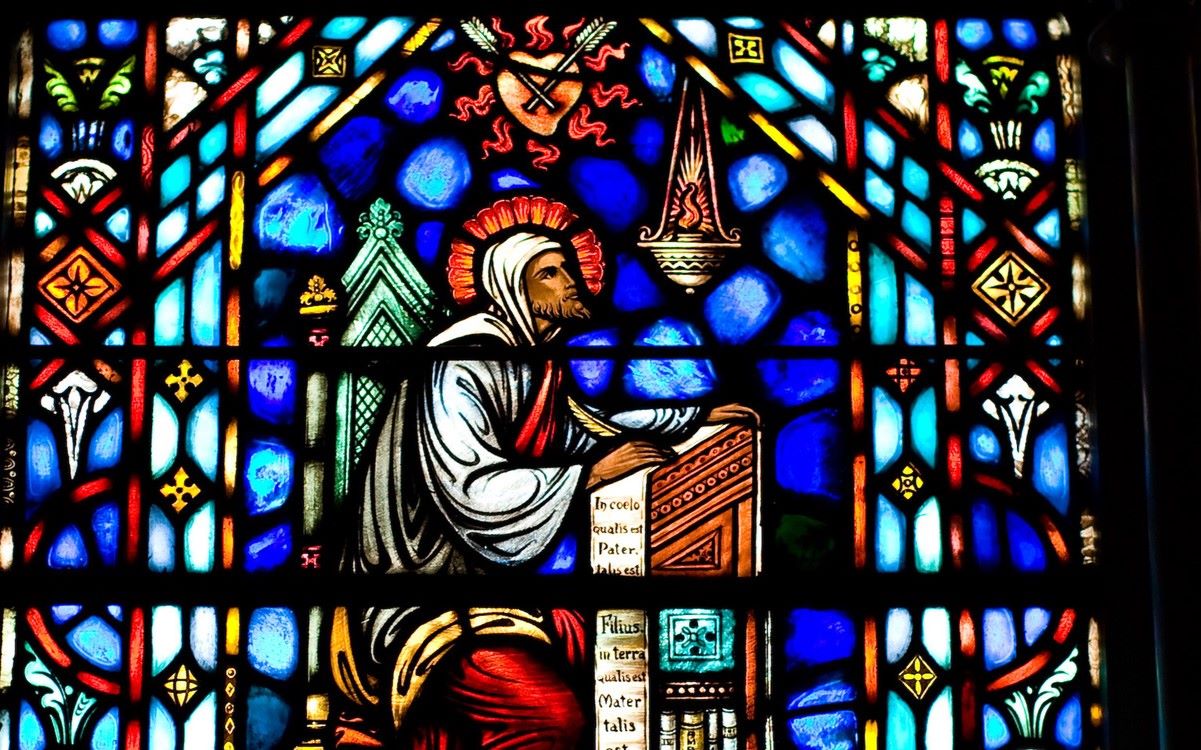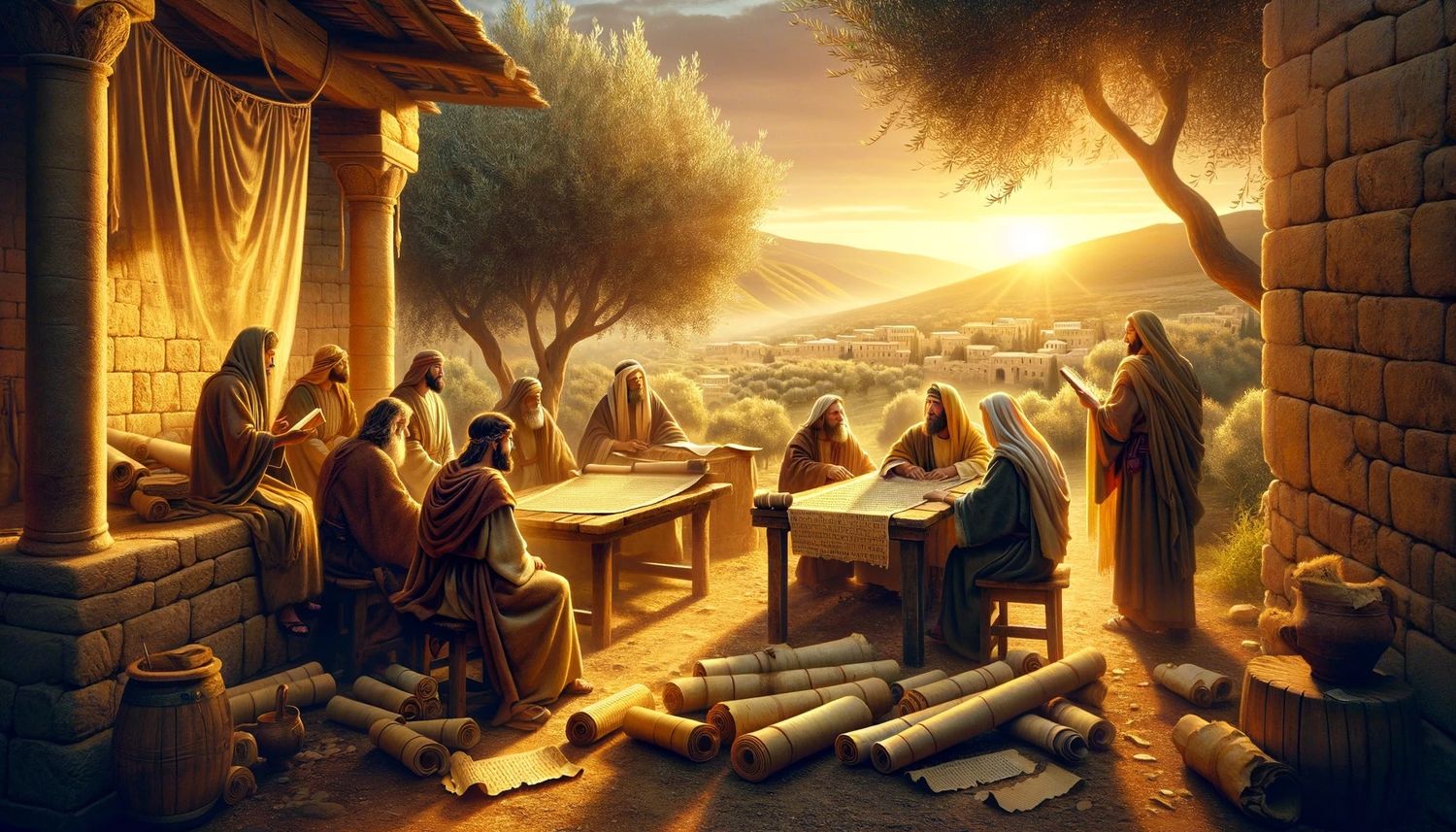Home>Christian Resources>What Are The Four Gospels and Why Are They Important?


Christian Resources
What Are The Four Gospels and Why Are They Important?
Modified: January 9, 2024
Peter Smith, Editorial Director at Christian.net, combines deep insights into faith, politics, and culture to lead content creation that resonates widely. Awarded for his contributions to religious discourse, he previously headed a major organization for religious communicators, enhancing dialogue on faith's societal impacts.
The four gospels reveal different points of view about the life of Jesus. Discover the importance of these books to our salvation with this article.
(Many of the links in this article redirect to a specific reviewed product. Your purchase of these products through affiliate links helps to generate commission for Christian.net, at no extra cost. Learn more)
The Bible is the foundation of Christianity. It is a book that all Christians consider to be historical truth. Yet, not all Christians have the same view about it. Without considering the questions of non-Christians, the Bible still has some parts which are yet to be discovered. And it is not surprising that we, Christians, want to know every detail about it. The contents of each book are not simple, and can’t be understood by everyone. If someone wanted to explore the bible, it would require research, knowledge, and wisdom from God. Throughout history, there have been debates about the contents of the bible. And, some facts about the Bible that were long-established have been questioned by Biblical scholars. These questions include what’s written in the Four Gospels. In this article, we will discuss the New Testament’s four gospels, namely Matthew, Mark, Luke, and John.
Learning about the four Gospels means learning about Jesus Christ. An equivalent of a biography, it tells us about the important parts of the Messiah’s life. But unlike a normal biography, the Gospels are not just written down to portray Jesus, nor is it aimed to evoke a particular image of Him. These four gospels are told for one reason, to tell the truth, and to convey God’s message that is revealed through the life and teachings of Jesus. This is why the four Gospels are also known as “The Good News”. They contain the salvation of the world and how we can partake in it.
History Of The Bible’s Four Gospels
The word “Gospel” came from the old English word “Godspell” which means “good news.” Among the 66 books of the Bible, only four are gospels. These four books of the Bible are known to be named after their authors. However, some claims doubt this. Some Christian scholars state that the authors of the Gospels who we know as Matthew, Mark, Luke, and John may not be the ones who wrote these books. Instead, they suggest that the Bible was completely anonymous when it was found.
Christian scholars argue that the names or titles of the four gospels are just a recent invention or innovation. They believe that the early church was known to have established these titles around the mid to late second century. And because it has been traditionally attributed to four authors, the Christian community has adopted these beliefs. The four gospels are believed to be written by four different authors, two of which were not apostles.
One of the clues that we can find was in Luke 1:1-4 where it says that the author of the said book was not a direct eye witness of the incidents that he had written. It is stated that the author had compiled the incidents after his research of what had really happened. He did it for a man named Theophilus. Another hint that was written was in John 21:24. In this verse, the author introduced himself as the disciple who witnessed all the things that he had written. Besides the two that were mentioned above, there was an indication of the authorship of the said books.
However, these theories are still all speculations by scholars and historians.
Read more: Why Are The Gospels Important?
Why Should There be 4 Accounts about Jesus’ Life?

As Christians, we fully trust the authenticity of the Bible. In faith, we believe that everything written inside the bible was guided by the Holy Spirit. And even to those who do not believe in God, a plausible explanation can still be given. But there are some matters that need to be cleared. For this reason, we need to further understand the Bible. We must make sure that we are learning the things that God wants us to know. Are there contradictions that He wants us to see in these different accounts?
Ignoring parts of the Bible we don’t understand will, in the end, impact our faith as a whole. So finding the answers to your questions are important if you want to increase your faith. Some may wonder why God allowed 4 accounts of Jesus’ life to be recorded. Didn’t he foresee that one may nullify others?
First, we should never guess the intention of God for we know that He will do good for those who love him (Romans 8:28). The importance of multiple accounts was introduced by Moses in the Old Testament. In Deuteronomy 19:15, we can read that more than one witness is needed for a statement to be believed. According to this verse, a single witness would not suffice to charge someone guilty of a crime. This principle of verifying the truth is also mentioned by Jesus in Matthew 18:16. Having four different records of the gospel shows consistency with His word.
The story about Jesus’ life is of great matter. Hence, God did not just give us a single record. Furthermore, the things that are written in the Bible are events that happened in history. Therefore, a lot of people had the chance to witness and write about it.
Disputes Of The Four Gospels

The accounts of the four gospels were written during and after the life of Christ. And throughout decades, statements from historians and non-Biblical writers haven’t found proof to deny the testimonies of eyewitnesses who saw the life and death of Jesus. These things are strong confirmations of the authenticity of the four Gospels. Additionally, critics of Jesus such as early Greek philosophers Celsus and Suetonius also wrote about Jesus’ life. Historians have not contested the contents of the gospels. Rather, they have given their own conclusions and explanations about the miraculous things that Jesus had done and what had happened around Him.
Some people believe that the four gospels somehow contradicted each other. But we should understand how the authors wrote their accounts in their own style of telling a story. For example, The Book of John was an account that was made after he witnessed Jesus’ life. While the Book of Luke is written based on the result of his research and investigation about the said events. Hence, the way they interpret some details might differ. But if we will consider the religious context and the different perspectives of the authors, we can see that there are no contradictions in the four gospels. The accounts of these four witnesses were parallel. Also, the four authors were of different social status, proving that their accounts were independently written; yet no disputes can be found.
The Gospels as Narrative Literature
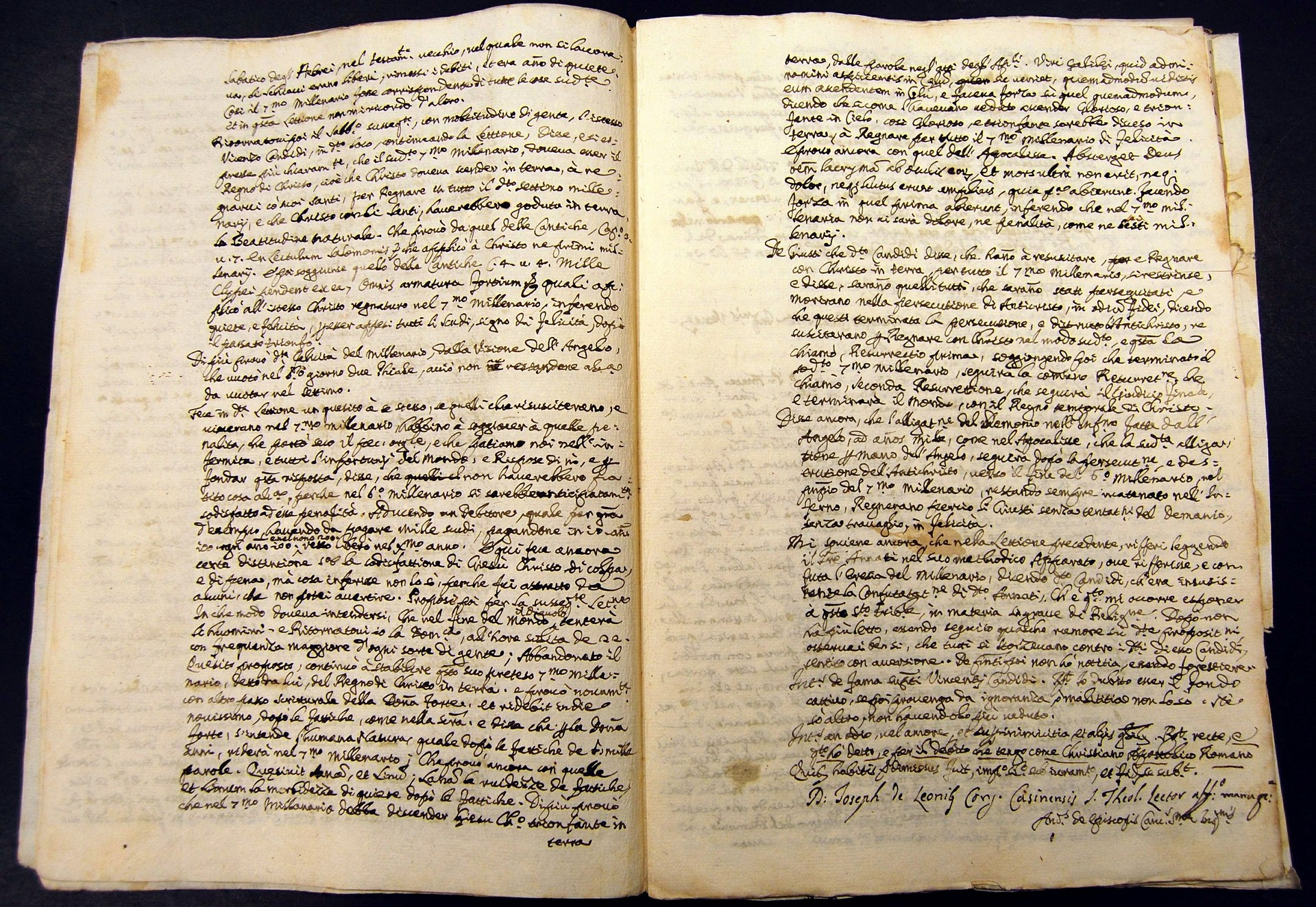
With the main character, several plots, themes, and settings, the four gospels can also be considered a good narrative in literature. It shelters remarkable quotes of Jesus that will give the readers moral lessons that can be applied in their lives. Like other stories, the four gospels can also describe the setting of where important parts of the story take place. And like all exciting stories, the four gospels give readers a peek into the society of that time. It gives explanations of why the characters behaved in the way they did.
Since it was set during the time of ancient Jewish communities, some of their norms were different from what we have today. Hence, it is important that we consider its context based on the current society at that time.
Also, since the Gospels can be seen as a narrative, we should read them as a whole to be able to understand the New Testament. The Bible starts from when everything was nothing until God made the universe (Genesis 1). Although the Bible is a compilation of different books from different authors, it has been compiled for one reason. And that is, the stories and events are interconnected. We can’t just read a certain part of the bible and interpret it by itself. This is because the meaning of each story and verse deeply relies on how the culture and norms of the said society. The four gospels cited examples from the Old Testament which mentions prophecies that came true in the New Testament. Unlike other narratives, the Bible is the most fascinating one.
The Gospels as Historical Literature

There are some who argue that the four gospels should not be viewed as historical literature. But the composition of the texts can be clearly identified as historical. Though the four gospels’ main aim is to narrate the life of Jesus, they can also be considered as historical facts. Firstly, these books are set in a time period confirmed by history. And in them, the traditions and descriptions of the Jewish community during that certain period of time are accurately depicted. Also, the details that have been presented have been verified by historical records. In addition to these facts, the similarity of how the authors of the four gospels narrated their accounts shows their intention of stating the correct information and sequence of events of the subject.
In addition to that, there are also records by ancient historians proving that they were aware of the existence of the Bible. The crucifixion of Jesus was a notable event. And as such, many Romans have given a brief description of Jesus in their writings. There has never been an account that mentioned false rumors that surround Jesus. There is a difference between past and present skeptics. Modern-day skeptics doubt the supernatural events in the gospels, while skeptics during the life of Jesus were just not convinced that He was the Son of God.
Skeptics of Jesus’ time never placed doubt on the extraordinary things that He showed and was recorded in the four gospels. However, most of them just cast a shadow of suspicion on His identity. Some even assumed that He was a magician who was good at tricking people.
Read more: Why Is Lent Important
Who Wrote The Four Gospels?

The author of the four books never introduced themselves. In all the four gospels, we can not find any passage that the author talked about themselves. Besides the verses that we mentioned above, there were no other signs that would give away their identity. This then maybe for the reason that they do not want to divert the attention of the readers to them. We can assume that these authors wanted the focus only on the subjects that they wanted to emphasize, the life of the Son of God. Because of this, there is some doubt about the authorship of the gospels. But there are some statements from the early Church that sheds light on this discussion.
The Gospel of Matthew

Matthew was once a tax collector before he became an apostle of Jesus. He is known to have “allegedly” written one of the four gospels, the Book of Matthew. Interestingly, as an apostle, Matthew was mentioned lesser than the others. There is little information about him, as he’s only mentioned a total of 7 times in the Bible. But among these mentions, only the Book of Matthews clearly said that he was a tax collector. Another thing worth considering is how Matthew’s name was replaced by the name “Levi” in both books of Mark and Luke. Meanwhile, in the book of Matthew, his name remained as Matthew itself. But in all of the accounts about the 12 apostles of Jesus, there was no person named “Levi” that was included.
Other arguments were presented by scholars disputing the names “Matthew” and “Levi”. And one of these was the claim that the 2 were different people. Yet, accounts from other gospels recalled that Jesus called a tax collector to be one of His disciples. There are scholars that claim the possibility of Matthew being known by 2 names. Matthew was known to be from a tribe called “Levi”. Therefore, it is possible that he was called by the name of the tribe he came from— which is more probable. The other verses which used the name “Levi” for the tax collector were paralleled in Matthew 9:9. This deviation may be viewed as a sign of authorship as the author can be more comfortable in using his own name in the narrative about him rather than his tribe name. But this difference could also be circumstantial.
Authorship of Matthew

The things mentioned above might be considered as hints in the authorship of the tax collector as the author of the Gospel that we talked about. However, those were not definitive pieces of evidence. For some Biblical scholars, the way that the Book of Matthew unfolded his story about Jesus was different than the other gospels. It was more organized— a trait that can be noticed to be possessed by a tax collector. The major sections of the book are noticeably organized. One of the best examples was the five major preachings of Jesus. All these preachings have the same way of transitioning and end with a marker phrase “When Jesus had finished saying these things..”. Another detail that may prove the authorship of Matthew was the fact that his book mentioned money more than the other gospels. This book used accurate terms regarding money (Matthew 17:24-25).
Matthew can be considered as an unpopular apostle as he was hardly mentioned in the New Testament. So, if the early church was not sure about who was the author of this certain book, then why would someone like him be chosen as the best possible candidate? Here, we can therefore conclude that the early church must have a good reason to give him the authorship of the book.
Papius of Hierapolis
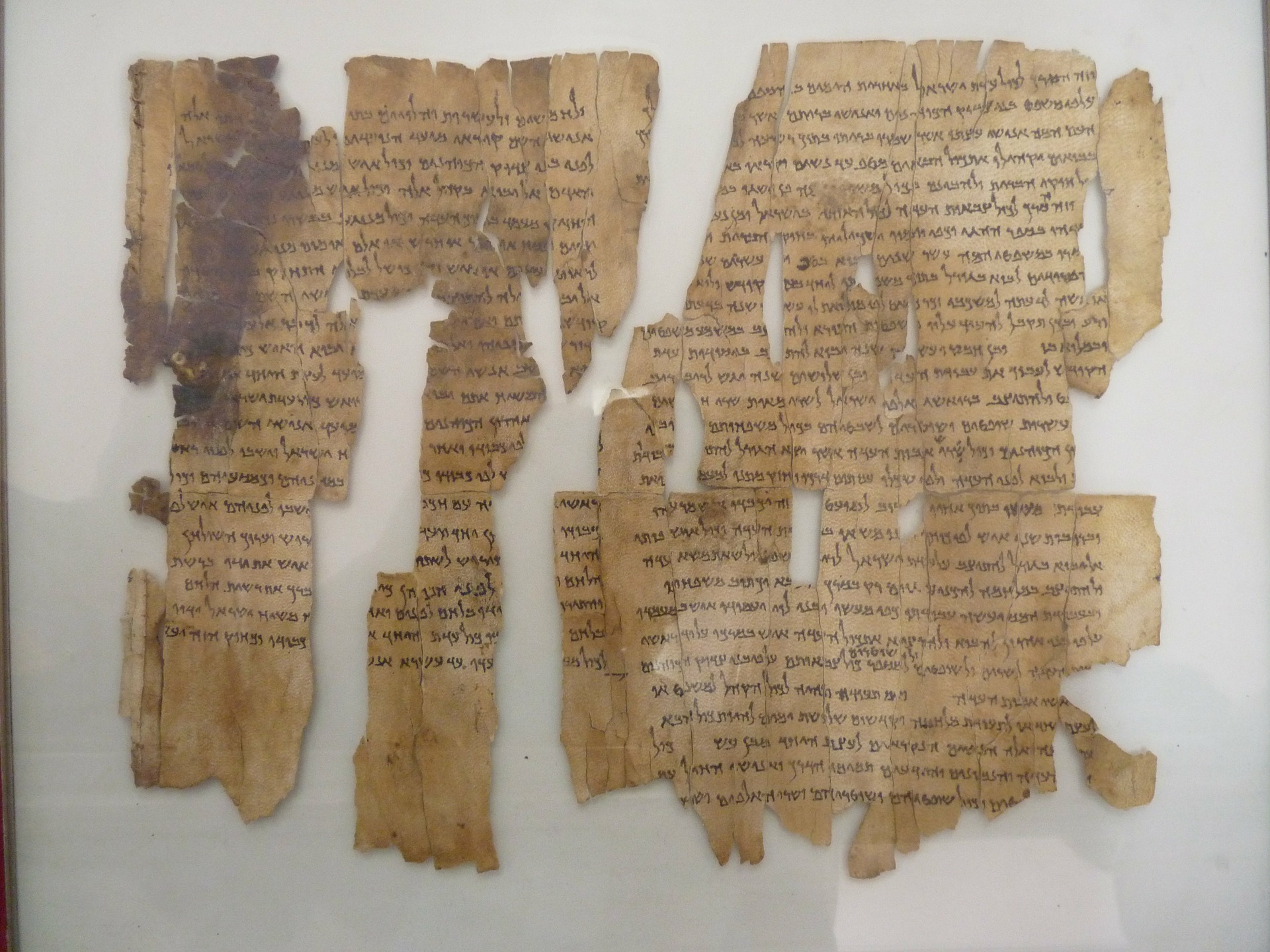
Another circumstantial evidence that we can relate to this is the statement that was made by Papias of Hierapolis. Papius was a Greek Bishop who wrote the “Exposition of the Sayings of the Lord”. But most of his works were lost. Fortunately, a Christian historian name Euebious quoted his work in one of his writings. It says:
“Matthew compiled (or ‘arranged,’ or ‘composed’) the logia (‘oracles,’ ‘sayings’ or perhaps ‘gospel’) in the Hebrew (can be Aramaic) language/styles, and everyone interpreted/translated them as best they could.”
Although the statement above did not directly mention Matthew as the author, it still showed his involvement in the book. And since this was just a quoted statement, we can not assume its completeness. Hence, it is impossible to use this to invalidate the traditional belief of Matthew’s authorship. Other statements of Papius were also used to validate the authorship of the other gospels which we will discuss below.
Read more: Why Is Advent Important?
Ireneus
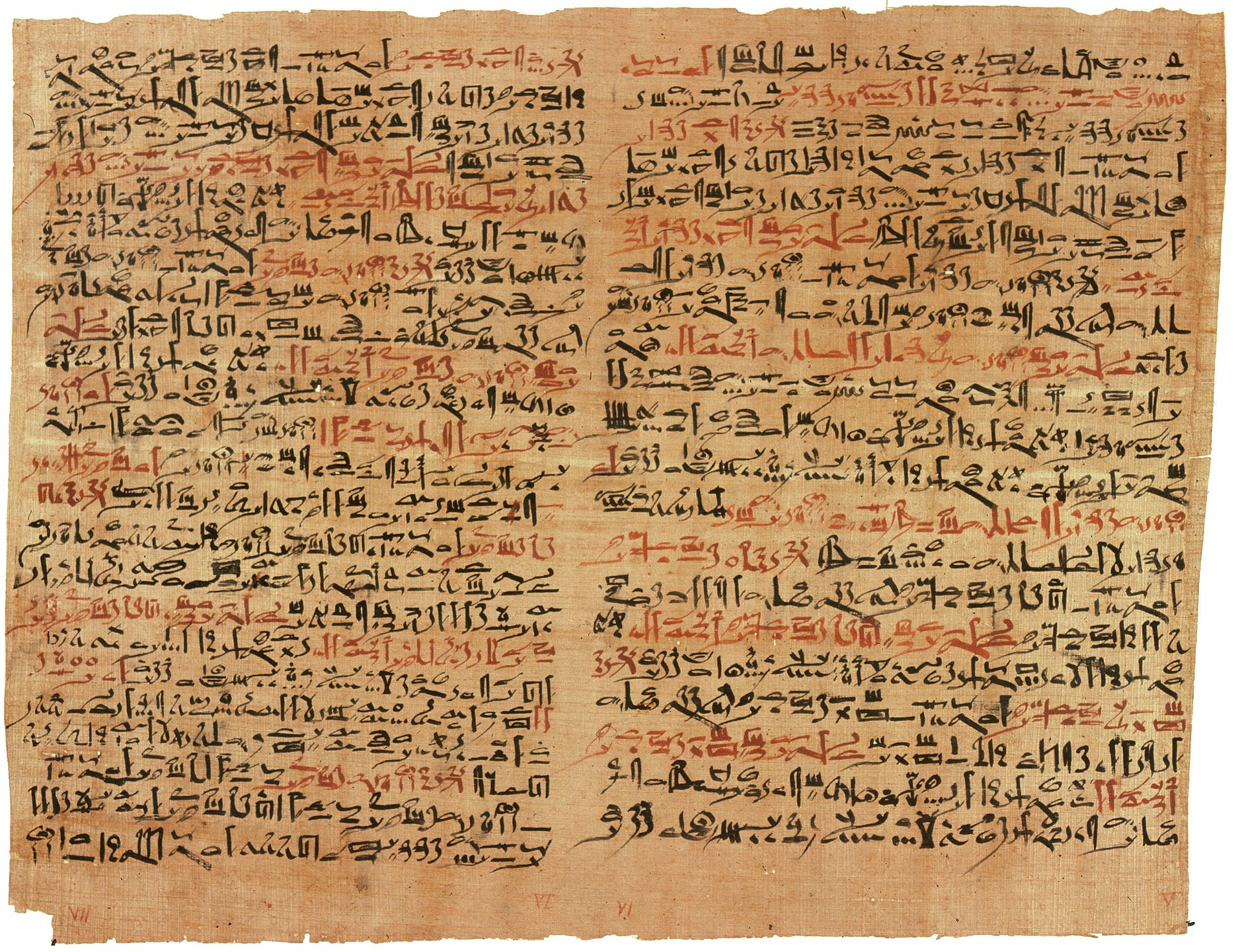
Another Greek bishop named Ireneus mentioned something about how Matthew wrote a version of the gospel in their own language (Hebrew). This also supports the authorship of Mark, whom he said had written down Peter’s account the best he could.
The Gospel of Mark

John Mark, commonly known as Mark, is traditionally believed as the author of the book in his name. The Book of Mark was assumed to be the eldest out of the four gospels and was supposed to be the source of the other three gospels. Among the four, the authorship of Mark is the least doubted due to the abundance of accounts that confirms it. Peter’s reminiscence, Papius, John the elder, Eusebius, and other early church leaders all pointed to John Mark as the author of the Book of Mark. Out of these many statements, the one that Papius wrote seems to be the one who sheds light on this gospel. His statement was:
The Elder used to say: Mark, in his capacity as Peter’s interpreter, wrote down accurately as many things as he recalled from memory (though not in an ordered form) of the things either said or done by the Lord. For he (Mark) neither heard the Lord nor accompanied him, but later, as I said, Peter, who used to give his teachings… had no intention of providing an ordered arrangement of the words of the Lord. Consequently, Mark did nothing wrong when he wrote down some individual items just as he (Peter) related them from memory.
With this statement, we can conclude that Mark was not the direct source of the gospel. But he was the one who compiled it according to Peter’s word. Many believed that the gospel of Mark was the primary source of the other gospels due to his close relationship with apostle Peter who was assumed to be aware of Jesus’s works. This belief had been passed down from the early church. To refute this, we should have a lot more evidence than this claim.
The Gospel of Luke
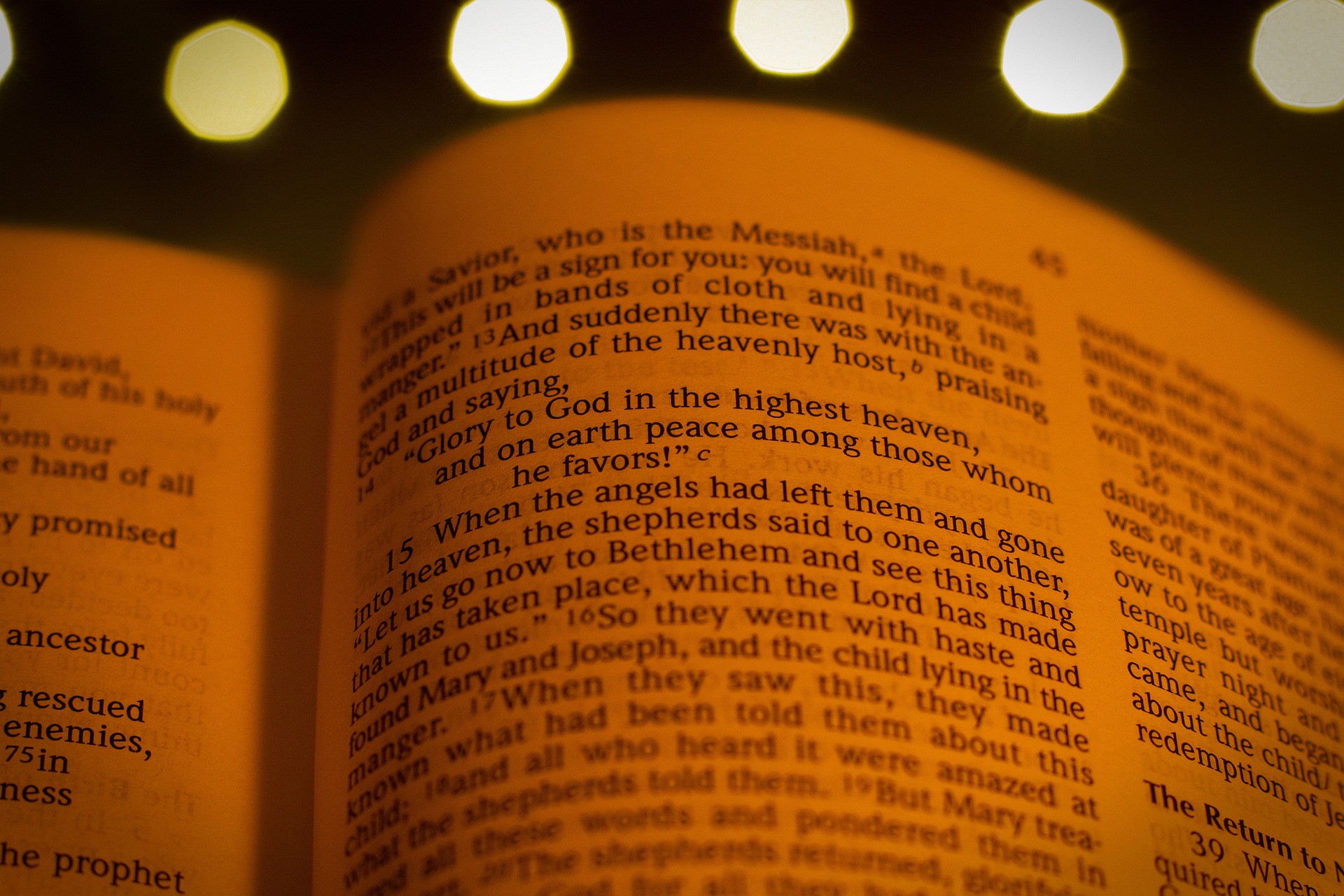
If the Gospel of Mark has the most percentage of certainty of its author, the book of Luke can be considered as the one given with more credibility. Luke was a physician who was credited as the author of the aforementioned book. Colossians 4:7–17, Philemon 24,2 Timothy 4:11 verified his job as a doctor. He compiled the gospel for a man named Theophilus. According to him, he wrote down the things which he did not saw in person yet were researched to the best of his knowledge. The undisputed claims of the early Christians helped establish the authorship of Luke. The textual evidence also pointed to someone like him. Luke has been mentioned in many of Paul’s letters that gave us ideas of who he was and the things that he did.
Luke’s authorship has been pointed by historians and early Christians such as Irenaeus, Clement of Alexandria, Tertullian, and Origen. Aside from the Book of Luke, most Christian scholars believe that Luke was also the writer of the Book of Acts. The striking resemblance of the two books supports this idea. Furthermore, the Book of Acts was also addressed to a man named Theophilus. Although there are claims that disputed him as the author, there was no other probable writer that fits the evidence stated in ancient texts. Hence, there was no other man that could be credited than the man who was believed to accompany Peter in his ministry.
The Gospel of John
Although the Book of John did not include its author’s identity like the other gospels, it has some information that seemed to closely revealed its writer. It was known that this gospel is written by the disciple “whom Jesus loved” (John 21:24). And most Christians believe that this disciple was Apostle John. Some Christians scholars believe that all three books based their accounts on the Book of Mark. But in this gospel, the author claimed that he was an eyewitness. And this claim can be proven by verses that can be deemed as unimportant to written by someone who was just telling a story based on someone’s experience.
One of these was the number of fishes that the disciples caught when He appeared to them after He rose from the dead. John 21:11 says that they caught a total of 153 fishes after they pulled back their nets. 153 was neither significant nor symbolic yet the writer of this gospel choose to specify it. Another “piece of evidence” that supports John’s authorship was how some details were presented. The author emphasized important Jewish festivals such as the Passover, the feast of tabernacles, the feast of the dedication, and the specific mention of the day when Jesus was handed to be crucified. With these, one can conclude that the possibility of the author being a Jew is high.
Despite these, some are still doubtful of the certainty of John’s authorship. There were some scholars who placed Lazarus and Thomas as the probable author of the said book. But the book itself seems to be pointing to John as well. According to the Scriptures, the disciple whom Jesus loved had a close tie with Peter. And it was proven by how the accounts with Peter were written in this book.
Read more: Why Is Atonement Important In Christianity
Concluding Notes
Each of the four gospels contains the different perspectives of four men about Jesus and each of these books sends a complete message. These books can stand alone to reveal the important part of Jesus’ life that is crucial to our salvation. Bu t there is always a reason for everything that God made to be. The four gospels are compiled together because there should be something we can learn from one book that we can not find in the other. When we learn how to harmonize the events in the four gospels, we will be able to discover more. It is essential that we know how the differences between these books point to a certain message. If we dig far enough, we will be able to learn the connection of each of them to each other.
There are many people who doubt the Bible and seek to discredit it. As Christians, we should be able to defend our faith by knowing the doctrines of Christianity thoroughly. We should realize the importance of reading all the four gospels for a clearer view of Jesus. All in all, there is a total of 25o events that were revealed in all four gospels. To say the least, it is impossible for one person to remember all of these clearly and be able to write them down. Therefore, it should not be a surprise that some of those 250 were just found in one book.
The contradictions that some point out in the gospel were just different perspectives of different men. And because they were all different people it was possible that they may have interpreted things in different ways too. But that did not happen because the Spirit of God guided them.
